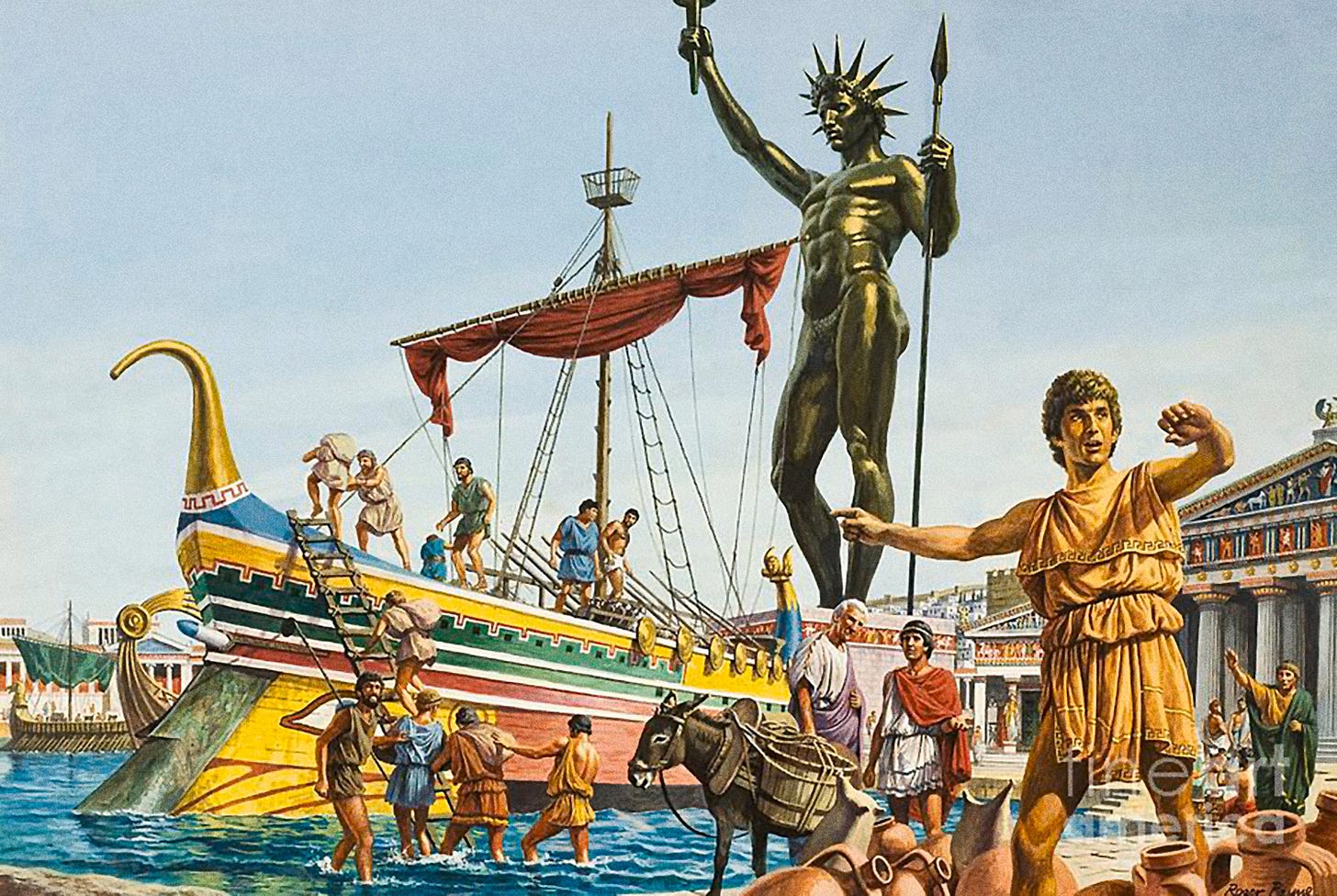“Minos possessed the Sea, and gave Laws unto the Cretans, which he brought from Jupiter.”1
According to Greek legend, the first to hold dominion of the sea was attributed for the most part to Minos. King Minos was the son of Zeus (Jupiter) and Europa, and it was he who gave the first Sea Laws to the Cretans, known also as the Minoans.
“That after Minos of Crete, seventeen nations of renown in the east succeeding each other, did for very many years even without intermission enjoy a dominion of the Syrian, Egyptian, Pamphylian, Lydian, Aegean Sea, no otherwise than of the Continents or Islands.”2
Following the Minoans, the seventeen nations which held dominion or ownership of the sea were; the Lydians, Pelasgi, Thracians, Rhodians, Phrygians, Cyprians, Phoenicians, Egyptians, Milesians, Carians, Lesbians [from Lesbos], Phoceans, Corinthians, Ionians, Naxians, Eretrians, and lastly the people of Aegina.3
“Of all the ancient Lords of the Sea the Rhodians are most renowned; chiefly in this respect, because the Sea-Laws which were used and in full force and virtue in both the Empires, were borrowed from them, and put into the Digests [Roman law] by Justinian… they were the most ancient of all Sea-Laws, that have not been lost, and they were taken into use by the Romans from the time of Tiberius.”4
The Rhodians were the first legislators of the sea, and implemented a system of marine jurisprudence, later adopted by the Romans. Acknowledging Rhodes as the birthplace of maritime law, the maritime code of the Roman Empire was called the “Lex Rhodia” (Rhodian Sea Law).5
These Rhodian Sea Laws would be developed further by successive maritime powers over the centuries, and have come down to us today as admiralty or maritime law.




